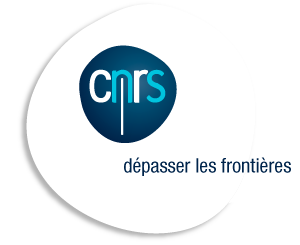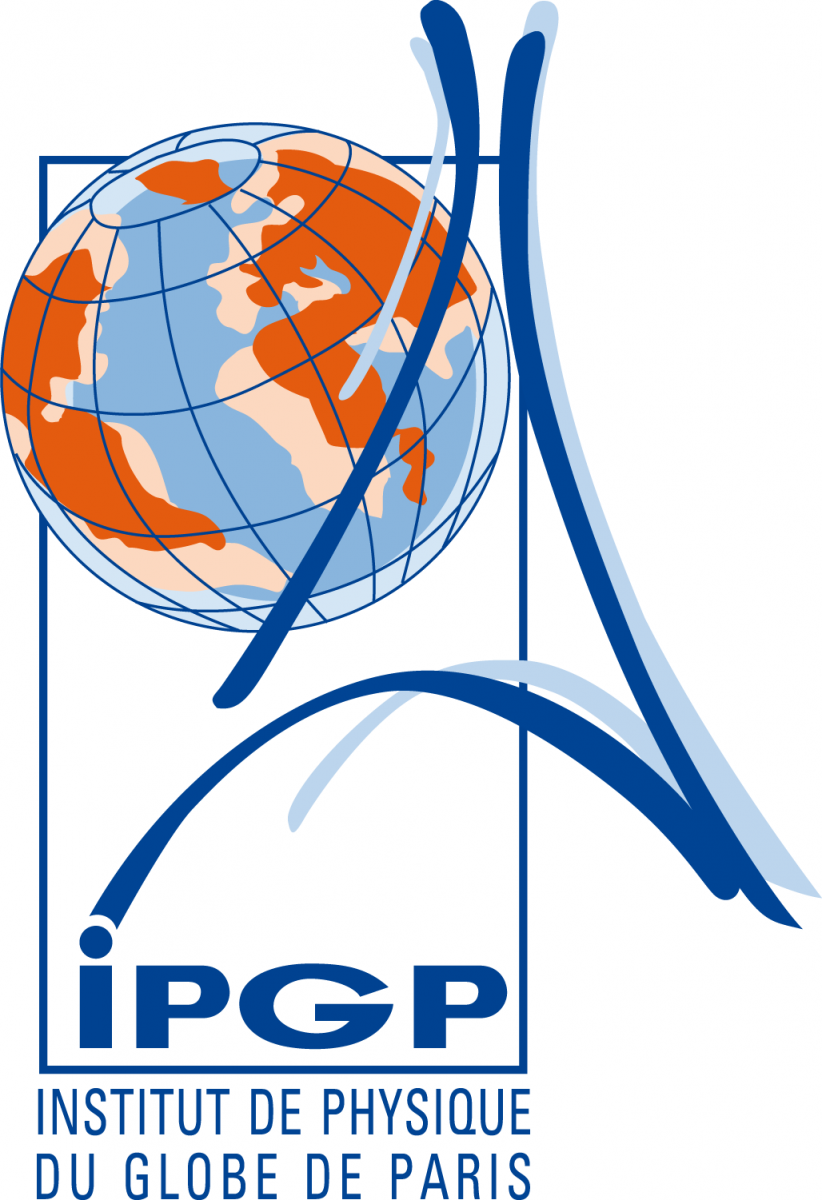The InterRidge Long-Range Exploration Working Group (LREWG) made enormous headway in scoping both the scientific drivers for and the technological requirements of long-range exploration of the spreading axes. The resulting report (see http://www.interridge.org/files/interridge/LREWG_Report_Final_web_0.pdf) highlighted several regions of the world´s oceans which, for many ridge-related scientific disciplines, it would be important to explore thoroughly and on a large scale. One of these key regions is the Southern Mid-Atlantic Ridge (SMAR) including its Equatorial Fracture Zones (Devey et al., IR News, 2010). The science drivers for SMAR exploration range from those of biodiversity and the links in terms of gene flow between the Southern Ocean and the Arctic, questions of the interplay between magmatism and tectonics during slow spreading and the physical oceanography of ocean mixing above the rough slowspreading bathymetry. The LREWG Workshop report has already stimulated some initial cruise activity in the region, but an international coordination of the work and discussion of the results is sorely needed if we are to capitalize on this work. We (a subset of the original LREWG members, augmented by new members from relevant disciplines/regions) propose that InterRidge set up a Working Group for this purpose.
This Working Group will be the first to tackle part of the "global exploration" theme which came out strongly in the LREWG report and will allow us to develop methods to best achieve the global exploration aims. The aims of the SMART Working Group are:
1. Collate and combine information already available from recent and older cruises to establish a thorough "State of the art" of Southern MAR studies. For this work active participation of scientists from many countries working toward this common goal is essential - a core strength of InterRidge.
2. Provide focus for the international coordination of further South Atlantic exploration, specifically aiming to identify and then fill gaps in our knowledge of this relatively unexplored region. We will convene a Workshop to produce a project plan of how to explore the SMAR thoroughly in the next 5-10 years, defining and prioritizing goals, identifying cruises needed.
3. In a larger framework, the South Atlantic Basin as a whole is an important yet relatively little-explored ocean region. We expect the SMART WG to provide a seed to establish basin-scale studies within the framework of bodies such as SCOR. This could spearhead international efforts to use the Atlantic Basin as a test-bed for collection and synthesis of, for example, the phlyogeographic history of chemosynthetic faunas (vent and seep) from the Arctic to the Antarctic and to study gene flow. These efforts, in collaboration with mapping, physical oceanographic studies, studies of reproductive biology & larval distributions, and modeling efforts would make important contributions to science and to management of resources associated with chemosynthetic ecosystems.
The Working group will achieve its aims with a group meeting in late 2012 to identify, collate and combine data from the different nations (Aim 1). The WG membership has been chosen specifically to include representatives from nations with previous and planned ridge-related activity in the area. This meeting will be held in Cape Town, providing additional capacity-building possibilities, too. The outcome should be a clear overview of the state of knowledge and immediate plans for international research in the Southern Atlantic. This will be an ideal preparation for the second phase which, in late 2013, will see a workshop being held (provisionally in Rio de Janeiro) to formulate project plans for the continued exploration of the SMAR. This will likely include discussing how we intensify the exploration at high southern latitudes (as far south as the Bouvet Triple Junction at 55°S. This may require pooling of several national polar capabilities and a review of the state of autonomous underwater vehicle capability to explore these particularly extreme regions), a further area prioritized for future internationally-coordinated exploration at the LREWG Workshop. Furthermore the Workshop will be tasked with determining if any target areas in the SMAR region warrant the mounting of time-series and/or constant monitoring activities which, due to its remoteness, are probably only realizable as part of an internationally coordinated effort and, hence, entirely the kind of activity at which InterRidge excels.
Why InterRidge?
Achieving the aims set out here will require international collaboration to (1) bring together diverse and scattered data sets and (2) mobilize ships and equipment for this large-scale exploration exercise. We expect the lessons learnt in the Working Group to be a useful template for InterRidge to develop global exploration activities in many of the World´s oceans throughout its 3rd Decade. It is particularly timely to begin this work in the South Atlantic because increasing access to open ocean exploration assets in the region (notably in Brazil) have suddenly rendered this type of international approach particularly tractable in this previously rather “remote” ocean basin.
Proposed Working Group members who have contributed to this document.
1. Colin Devey (IFM-GEOMAR, Germany)
2. Chris German (WHOI, USA)
3. Sidney Mello (Univ. Federal Fluminense, Brazil)
4. Lucia Campos (Univ. Federal do Rio de Janiero, Brazil)
5. Anton le Roex (Univ. Cape Town, South Africa)
6. Cindy Van Dover (Duke University, USA)
7. Gwyn Griffiths (NOC, Southampton, UK)
8. Koichi Nakamura (AIST, Japan)
9. Shinsuke Kawagucci (JAMSTEC, Japan)
10. Jiabiao Li (2nd Inst. of Oceanog., China)
11. Marcia Maia (Univ. Brest, France)
12. Andrey Gebruk (Moscow, Russia)
13. Nicole Dubilier (Max-Planck Inst., Bremen, Germany




